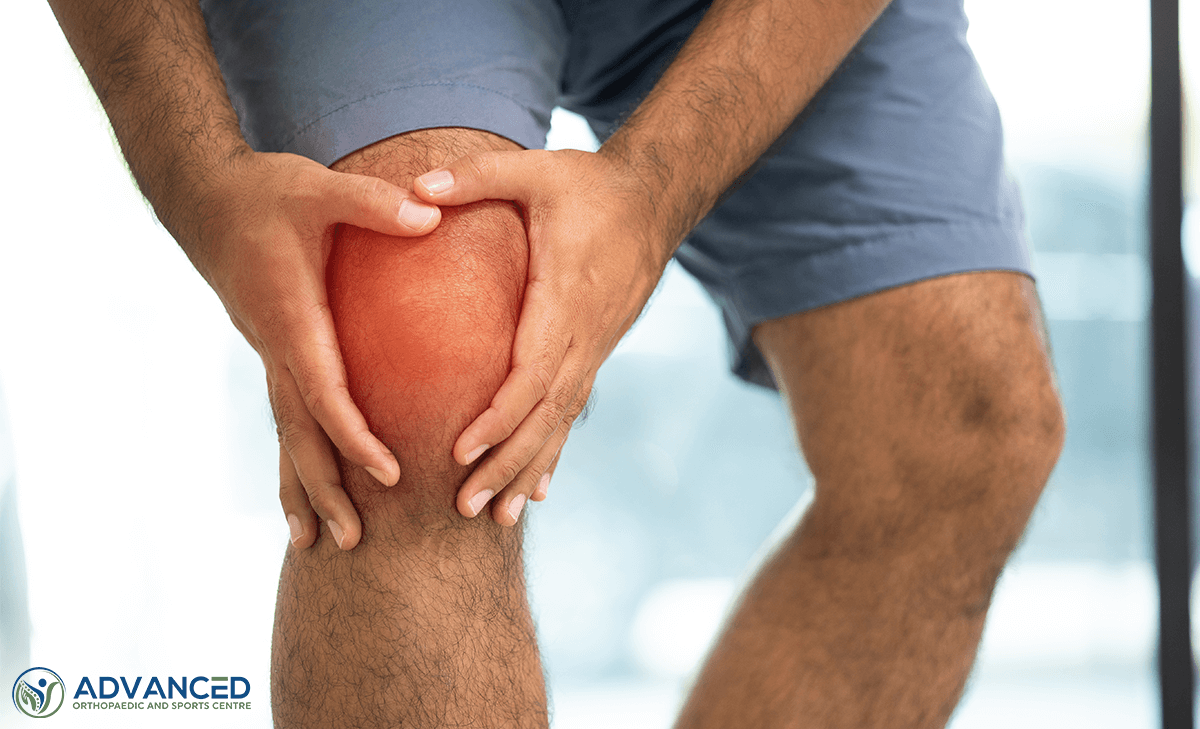Experiencing knee issues such as swollen and stiff joints, pain, limping, and weakness? Chances are you are suffering from knee osteoarthritis, a common form of arthritis that typically develops due to natural wear and tear as you age.
If you do decide to visit a knee specialist in Singapore for treatment, the biggest question on your mind would probably be: will I have to undergo surgery?
Hearing the word “surgery” from your doctor is understandably worrying but rest assured that a knee replacement surgery is usually only recommended if conservative treatments prove to be ineffective. Knee replacements have been proven to improve symptoms and help you to regain mobility and quality of life, with patient satisfaction rates of more than 80%. Advances in knee replacement technology, such as robotic-assisted knee arthroplasty and patient-specific instrumentation, have allowed more accurate positioning of the knee components, resulting in better knee alignment, while improvements in bearing materials have led to lower wear rates.
Here are some things you need to know that will help you to prepare for a knee replacement surgery. Read on to find out more.
1. Make your home safer
Although you will typically be able to walk with a stick after knee replacement surgery, simple steps to make your home safer can help you to move around more comfortably:
- Remove tripping hazards – carpets, electrical wires and clutter lying on the floor may cause you to fall so it is imperative that you keep the ground clear of any tripping hazards before a knee replacement surgery
- Rearrange your furniture – make a path around your furniture to ensure you can move around easily
- Install handrails – wet bathrooms are safety hazards and installing handrails may be useful for when you have not fully regained strength after the surgery
- Leave items within reach – essentials such as daily medications and skincare products should be placed somewhere you can get easy access to without having to bend or crouch

2. Start conditioning your body with exercises
Doing simple exercises weeks before your knee replacement surgery can help to strengthen your body, helping you to recover quicker after the procedure. This typically involves exercises to strengthen the quadriceps muscles.
Aerobic exercise can also help you in shedding some extra pounds and putting less pressure on your knee joint which may be helpful for both before and after the surgery.
3. Diet
You should have a balanced diet to promote proper tissue healing and restore muscle strength after the surgery.
4. Cut down on drinking and smoking
Any kind of surgery involves a certain amount of bleeding. Alcohol can interfere with the blood clotting process which helps with stopping bleeding, and hence it is advisable not to drink excessively before surgery.
Cutting down on tobacco is also essential as smoking can affect the blood supply to your knee which is necessary for tissue healing, and increase your risk of developing blood clots after a knee replacement surgery.
5. Go for all your pre-operation appointments
Pre-operation appointments are extremely important as they are for your knee specialist to assess whether your body is fit to undergo the surgery.
You will be checked for any underlying medical conditions such as hypertension, diabetes and cardiovascular conditions. These conditions need to be optimised before your surgery. In addition, you may have to stop taking supplements and certain blood-thinning medications before your surgery.

6. Speak with your doctor to clarify any doubts you may have
Lastly, speaking with your doctor to answer any queries you may have before the knee replacement surgery is one of the best ways to calm your nerves.
Your knee specialist will go through the surgical procedure, and also explain to you what you can expect after the surgery. You will be taught how to care for your wound, and physical therapy will need to be arranged to help you to regain knee mobility, strengthen your muscles, and train you to walk independently.
Keep these in mind and the recovery process following your knee replacement surgery will be a breeze.
Reach out to us today if you suspect that you are suffering from knee osteoarthritis or want to find out more about what knee replacement surgery can do for you.

